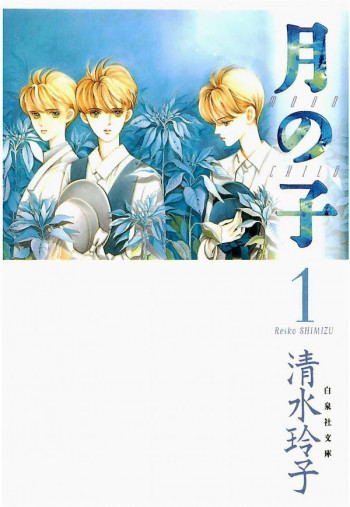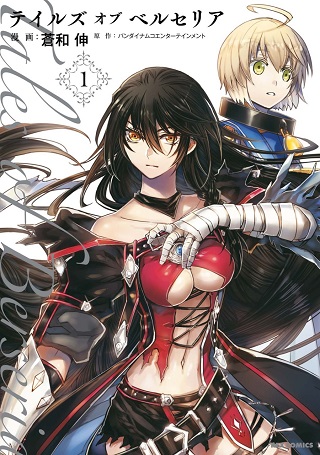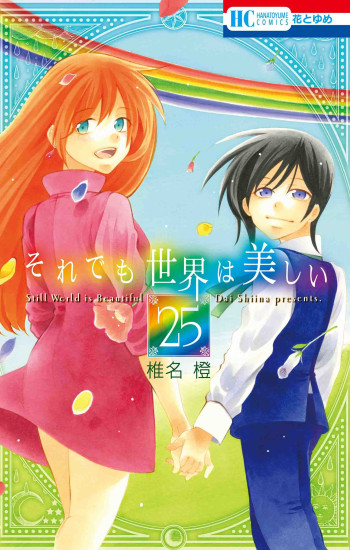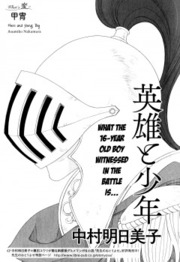In The Fallen Kingdom, Elizabeth May delivers a gripping conclusion to her Falconer trilogy, weaving a tale that is as enchanting as it is harrowing. The story picks up with Aileana Kameron, who finds herself resurrected from the dead, yet she is a shadow of her former self—stripped of her memories and grappling with newfound, formidable powers. This premise sets the stage for a narrative that explores themes of identity, sacrifice, and the complexities of love amidst chaos.
From the outset, May immerses readers in a richly constructed world where the boundaries between life and death blur, and the stakes are nothing short of apocalyptic. Aileana's journey is not merely about reclaiming her past; it is a quest for self-discovery and redemption. As she navigates the treacherous landscape of fae politics and ancient curses, the author skillfully juxtaposes Aileana's internal struggles with the external conflicts brewing between two powerful fae monarchs, Aithinne and Kadamach. This duality enhances the narrative, making it not just a battle against external forces but also an exploration of Aileana's evolving sense of self.
Character development is one of May's strong suits, and in The Fallen Kingdom, she excels at portraying the complexities of her characters. Aileana is a compelling protagonist whose resilience is tested time and again. Her relationship with Kiaran, once her mentor and lover, adds layers of emotional depth to the story. The curse that binds Kiaran, now known as Kadamach, serves as a poignant reminder of how love can be both a source of strength and a catalyst for destruction. As Aileana grapples with the reality of Kiaran's transformation, readers are drawn into a heart-wrenching exploration of loyalty and sacrifice.
May's writing is evocative, painting vivid imagery that brings the forest and its mystical inhabitants to life. The tension builds as Aileana embarks on her quest to find the legendary Book of Remembrance, a powerful artifact that holds the key to breaking the curse. The stakes are high, and the sense of urgency is palpable. May's ability to create a world that feels both fantastical and grounded is commendable, allowing readers to fully immerse themselves in Aileana's plight.
One of the most striking themes in The Fallen Kingdom is the concept of sacrifice. Aileana is faced with impossible choices that challenge her morals and beliefs. The alliances she must forge, particularly with characters she once considered enemies, force her to confront her own biases and preconceived notions. This theme resonates deeply, reflecting the often painful realities of growing up and the sacrifices one must make for the greater good. May does not shy away from the darker aspects of this journey, reminding readers that the path to redemption is fraught with peril.
The introduction of the Morrigan, a faery of terrifying malevolence, adds an additional layer of complexity to the narrative. As Aileana seeks to defeat this formidable foe, the tension escalates, and the stakes become increasingly dire. The Morrigan serves as a representation of the darker aspects of power and ambition, contrasting sharply with Aileana's quest for hope and healing. This dichotomy enriches the narrative, prompting readers to reflect on the nature of good and evil and the choices that define us.
May's exploration of memory and identity is particularly poignant. Aileana's struggle to remember who she is serves as a metaphor for the universal quest for self-understanding. As she uncovers fragments of her past, readers are reminded of the importance of our histories in shaping who we become. This theme resonates with anyone who has ever grappled with their identity or faced the daunting task of reconciling their past with their present.
In terms of pacing, The Fallen Kingdom maintains a brisk momentum that keeps readers engaged from start to finish. The action sequences are well-crafted, balancing moments of intense conflict with quieter, introspective scenes that allow for character development. May's ability to weave these elements together creates a satisfying narrative arc that culminates in a thrilling and emotionally charged conclusion.
Comparatively, fans of Sarah J. Maas and Holly Black will find much to appreciate in May's work. Like Maas, May crafts a world filled with political intrigue and complex relationships, while Black's influence can be seen in the darker, more mature themes that permeate the narrative. However, May's unique voice and perspective set her apart, offering a fresh take on the fae genre that is both engaging and thought-provoking.
Overall, The Fallen Kingdom is a masterful conclusion to the Falconer trilogy that will leave readers breathless. Elizabeth May has crafted a tale that is rich in emotion, steeped in mythology, and brimming with unforgettable characters. Aileana's journey is one of resilience, love, and sacrifice, making it a story that resonates long after the final page is turned. For those seeking a fantasy that challenges the boundaries of good and evil while exploring the depths of the human experience, The Fallen Kingdom is a must-read.
























Reviews 0
Post a Reviews: